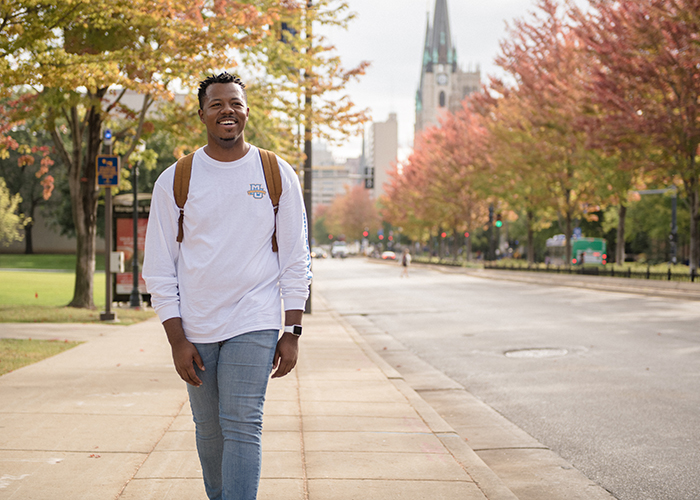Become a Diversity Advocate
Becoming a Diversity Advocate requires having or developing a particular worldview or set of beliefs as well as committing to the mission of promoting awareness, education and appreciation of diversity to the campus community.
Please contact us if you are interested.
What is a Diversity Advocate?
Consider the following set of beliefs and whether you ascribe to them to determine your interest in becoming an Advocate:
- You have knowledge about your heritage, culture and personal history; you feel good about your own group membership and feel proud of your own identity
- You take responsibility for learning about how privilege and oppression affect you and others in everyday life.
- You comfortably use inclusive language and make yourself aware of and avoid stereotyping others.
- You recognize that unlearning oppressive beliefs is a lifelong process, that individuals differ in terms of where they are in this process, and you welcome each opportunity to learn about issues of diversity.
- You demonstrate a willingness to make mistakes and are open to being challenged about the behaviors and attitudes you have that may adversely impact others.
- You believe that the campus is enriched by the presence of individuals that differ from you in terms of race, ethnicity, sexual orientation, age, social economic status, religious affiliation, gender and ability.
- You believe you can make a difference by acting against injustice and by supporting, mentoring, and providing information to individuals from historically underserved groups.
Consider the following commitment and whether you agree to the following list of statements. Diversity Advocates are committed to:
- Educating themselves and others about oppression, discrimination, privilege and other social justice issues, and combating these issues on a personal level.
- Confronting individuals and groups who disparage others by using jokes, comments, and/or materials that negatively target race, ethnicity, gender, age, ability, sexual orientation, social economic status, and/or religious affiliation.
- Providing a safe and confidential environment for students from underrepresented populations on campus to express issues and concerns in an atmosphere of support and acceptance; and by providing them with informational and educational resources such as websites, books, journal articles and referrals to appropriate organizations and/or individuals.
- Treating each individual with the dignity and respect they are entitled to as human beings.
- Engaging in multicultural events and educational opportunities on campus.
Diversity Advocates also recognize that they do not have all the answers and, despite their commitment to increasing multicultural awareness, knowledge and skills, they have biases and blind spots, they make mistakes, and they make group generalizations. Thus, they give themselves permission to ask questions and struggle with issues regarding age, race, ethnicity, sexual orientation, ability, religious affiliation and gender.
